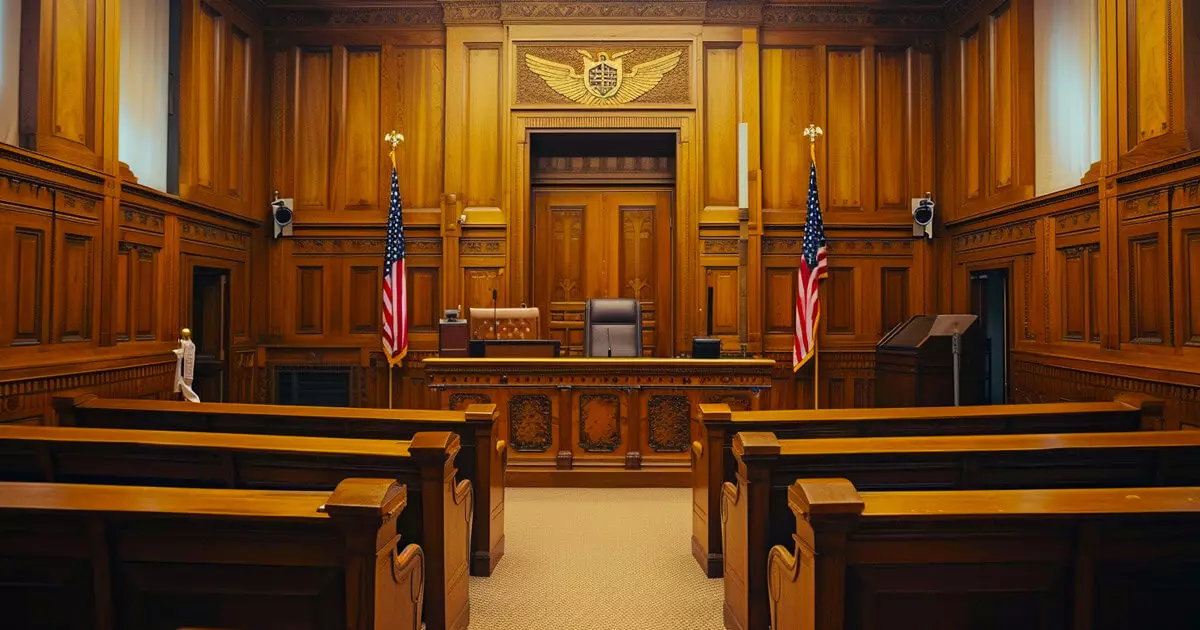The recent decision by the US Supreme Court to overturn the Chevron doctrine has significant implications for the Securities and Exchange Commission’s (SEC) regulation of cryptocurrencies. Economist Timothy Peterson believes that this decision will limit the SEC’s unilateral interpretive power against Bitcoin and other cryptocurrencies.
The Chevron doctrine, established in the 1984 case of Chevron v. Natural Resources Defense Council, outlined a test for federal courts to determine when to defer to agency interpretations of laws and statutes. This doctrine has been a key factor in determining the extent of regulatory authority exerted by agencies like the SEC.
Potential Impact on SEC’s Regulatory Authority
Peterson argues that the overturning of the Chevron doctrine will require courts to scrutinize the SEC’s anti-crypto stance more closely. This change could lead to fairer regulations and a more balanced legal landscape for cryptocurrencies. It may also reduce the SEC’s ability to unilaterally define crypto assets as securities.
Implications for Enforcement Actions
While the end of Chevron does not eliminate the SEC’s ability to bring enforcement actions, it raises questions about whether Congress has granted the SEC the authority to regulate crypto as securities. FOX Business reporter Eleanor Terrett suggests that this decision could impact the SEC’s case against Consensys and its classification of certain tokens as securities.
In the case of Loper Bright Enterprises v. Raimondo, lawyer Paul Clement highlighted the challenges posed by Chevron in the context of crypto regulation. He argued that agencies like the SEC have been able to claim authority over crypto matters due to gaps in congressional legislation. The overturning of Chevron could lead to a more principled and intelligible approach to handling such cases.
The US Supreme Court overturned Chevron in two cases on June 28, signaling a shift towards greater judicial oversight of regulatory agencies. The New Civil Liberties Alliance (NCLA) welcomed this decision, stating that statutory ambiguities will now need to be addressed by Article III courts. Judge John Roberts emphasized the importance of developing a principled and intelligible legal framework by moving away from Chevron.
The overturning of the Chevron doctrine has far-reaching implications for the SEC’s regulation of cryptocurrencies. This decision will likely lead to increased judicial scrutiny of agency actions and a more balanced approach to defining crypto assets as securities. It remains to be seen how these developments will shape the future of crypto regulation in the United States.
















Leave a Reply